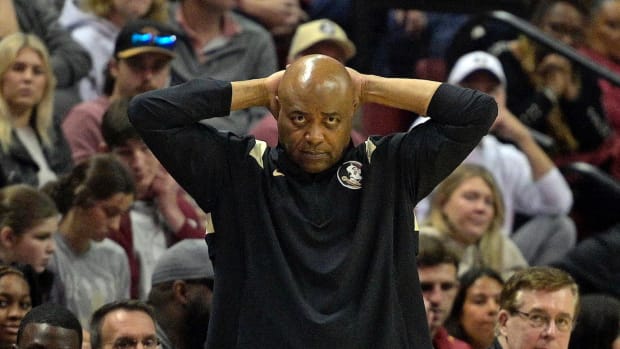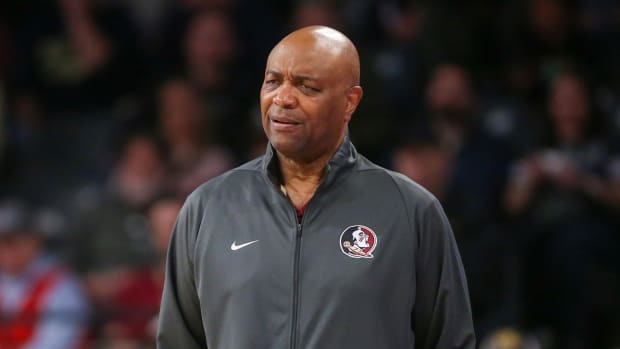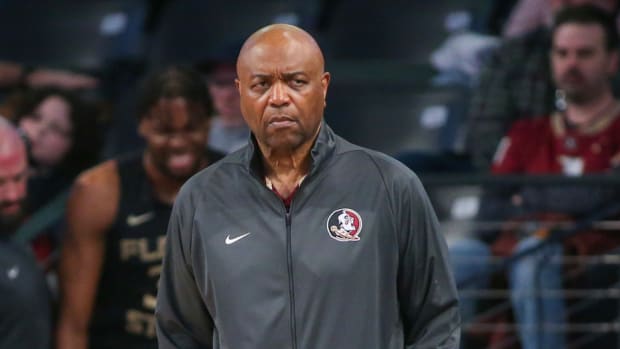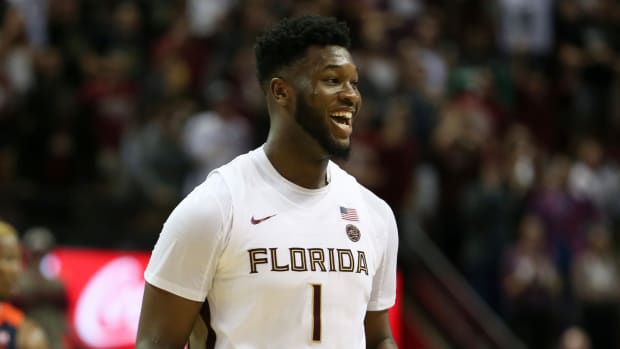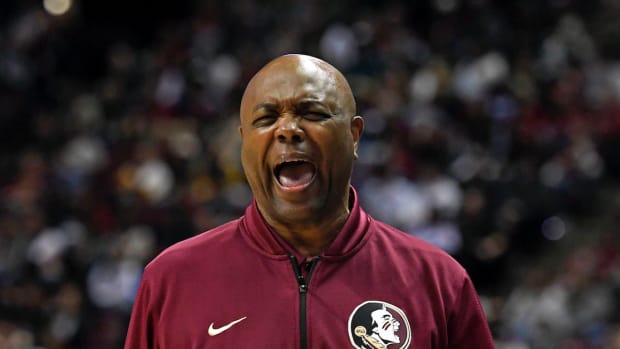FSU Has Unique Chance to Lead by Example on Racial Issues
On Monday, Florida State University John Thrasher released a statement detailed how FSU will be moving forward to ensure equality at the institution he leads. It's a broad plan addressing an extremely important issue-- an issue on which Florida State is uniquely fit to take the lead.
On several occasions in recent history, schools have been ordered to change their mascots when they've been deemed offensive to Native Americans or did not have the blessings of the respective tribes whose names they've used. Every time these rulings have come out, FSU has retained the Seminoles as its symbol, most notably in 2005 when the tribe's support was offered in a written resolution.
Why?
Here are some details, from FSU University Communications:
Florida State does not have a mascot. Instead, we have the honor of calling ourselves “Seminoles” in admiration of the only Native American tribe never conquered by the U.S. Government.
FSU students, alumni, faculty and staff know what an honor it is to be selected as the student to portray "Osceola," a great Seminole warrior, who rides the Appaloosa horse "Renegade" during football games. To be chosen, the student must maintain excellent grades and be of good character. The clothing he wears depicting Osceola is sewn by the women of the Seminole Tribe.
Tribal members also travel to Tallahassee each year to crown the Homecoming chief and princess with authentic Seminole regalia.
It is a moving sight for graduates and their families when men and women from the tribe in brightly colored Seminole dress march in as the color guard at each university commencement ceremony.
Members of the tribe have also traveled to town to build a real "chickee," a thatched-roof Seminole dwelling at our lakeside student recreation area near campus.
The university established a scholarship program that pays the way for students from the reservations to attend Florida State. Many of them are the first in their families to attend college.
In 2006, the university honored the Seminole Tribe of Florida during a special Seminole Tribute weekend with the unveiling of a new set of large, bronze sculptures depicting a Seminole family.
To further enhance learning opportunities, the tribe also helped design a course for FSU students — the "History of the Seminoles and Southeastern Tribes," which focuses on Seminole history and traditions.
Additionally, in 2016, Florida State's student government voted to ban feather headdresses at football games, as they're not accurate depictions of Seminole headwear, instead more representative of the Sioux Tribe.
Time and again, the Tribe has supported FSU being the Seminoles, due to the deference and respect Florida State shows the Tribe. It's cultivated a unity between the two-- the same kind of relationship FSU football players were seeking when they organized and led a Unity Walk in support of the Black Lives Matter movement recently.
Again, it all comes back to respect. And in this case, specifically, respect for people mistreated and targeted in American history, and since relegated to the margins of our society.
Sound familiar?
Because it should. This has been the treatment historically afforded people of color across the US, including indigenous peoples. Some were brought here against their will, enslaved, and systemically oppressed. Others, like the Seminoles, were already here, and then all but wiped out.
People of color have been historically underrepresented and therefore silenced throughout US history, which is why it's encouraging to see Thrasher's plan focusing on including more voices-- and more diverse voices.
But it can't just be a gesture. Listening is important. It's a start. But it has to be succeeded by action. Statements are key in outlining an approach, but once again, FSU must seize on this opportunity -- nay, responsibility -- to lead by example. Florida State has done so in the past, and continues to do so, with the Seminole Tribe of Florida. Let's hope it will do so again on this important issue.
